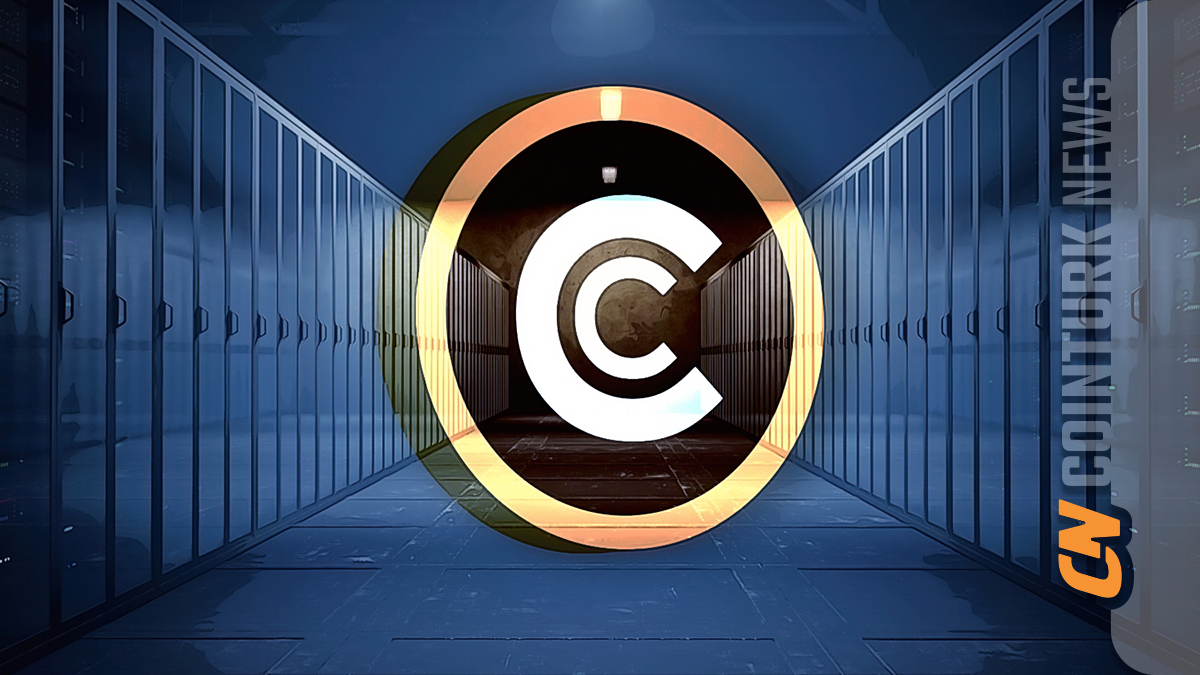Just over a year ago, the introduction of ChatGPT prompted action from tech giants like Google, Microsoft, and Meta, all seemingly afraid of falling behind in AI innovation and adoption. With millions of people trying out AI chatbots every month, the role of AI in our daily lives is expected to grow exponentially as more users understand the technology‘s potential.
Prominent Figure Highlights Concerns About AI
Tools For Humanity CEO and co-founder Alex Blania, in a recent conversation with investment firm FT Partners, expressed his concerns about the idea that AI could one day manage a large portion of online interactions. If this prediction comes true, distinguishing who is a real person online could become very important. Blania stated the following in his comments:
“There are three main areas you can enter to address the issue: The first is know your customer (KYC), which is basically government infrastructure. The second; you do what people call a trust network, meaning you know me, I know you, we assign a certain trust value to each other. Thus, we create a network of people who know each other. And the last will be biometrics.”
When the discussion turned to the concept of proof of personality, Tools for Humanity is known as the main developer of Worldcoin, a proof of personality crypto project that uses sphere devices to scan people’s irises to help verify their online identities.

Blockchain and Security Measures
The internet, already full of malicious actors and fake bot accounts used to spread disinformation and deceive people, has many thought leaders worried that the rise of AI will further exacerbate malicious behavior. The Worldcoin solution to this concern is causing widespread apprehension, as it involves people potentially having to provide highly sensitive personal or biometric information to verify their identities.
With hacking and data breaches being commonplace, how can people trust handing over the data necessary to potentially prove the identities of billions of people? At this point, companies like Blania’s suggest that blockchain technology could play a very important role. Blania made the following statement:
“The fundamental idea of crypto and blockchain technology is to build something decentralized.”
At the heart of blockchain technology are immutable, distributed databases that serve as digital ledgers, storing encrypted information in a decentralized manner. This means that no single entity has sole control over the data. Many blockchain advocates argue that a centralized system is more vulnerable to attacks or changing circumstances, while a decentralized system, based on collaboration and consensus, is more reliable.

 Türkçe
Türkçe Español
Español









